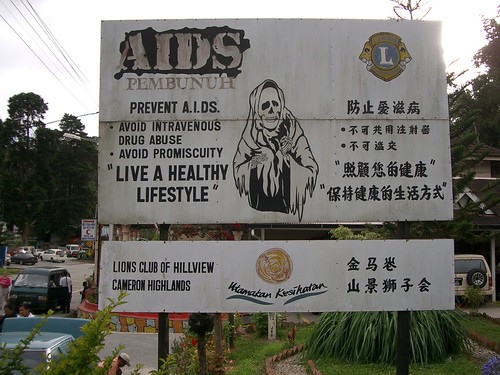I’ve met quite a few people who feel that civilization was a mistake. Technology in particular, they say, is bad in some way. If they’re an anarcho-primitivist theorist, they’ll tell you it’s alienating: it creates hierarchies, produces psychological illusions of scarcity, and turns us into little more than specialized insects. If they’re less geeky and more hippie, they’ll just expound on how happy they were living in that rural Indian village, how spiritual that life was, how much more natural a world without technology would be.
In the bright Nepali sunshine, sipping chai in a tourist cafe overlooking the lake, I found I could not agree, no matter how cute the dreadlocked girl sitting across from me. I see a lot of idealism and projection in her arguments. I also see an iPod in her bag. But neither could I come up with a concrete reason to insist that technology is fundamentally good, that the human race should invest as heavily in technology as it has. I admit that I really enjoy both the intellectual playground of technology and the fruits it brings, but that’s no way to form a moral imperative.
Until Ethiopia. I was working on a trachoma epidemiology study. This is an ancient, simple disease, and so fragile that the merest hint of civilization will destroy it — we’re not quite sure why yet. It could be antibiotics used for other things wipes it out, it could be that just washing your hands daily in clean water prevents its spread. But if left untreated long enough, this feeble disease will make you blind.

I had the cliché moment. I hiked out across the roadless wilderness to that idealized little village, that tiny traditional portion of the way we used to live. The simple folk gathered round us, gazing strangely at our white skin and synthetic fabrics. In turn we stared at their traditional cotton garments and coarse shiny jewelry, artifacts of a society that makes everything with its own hands. We stood a moment in that field, contemplating one another across vast distances of education and context. Then I looked into the scarred corneas of a blind young man and felt suddenly: this sucks. This man cannot see, for no reason at all. Extremely simple medicine could have prevented that.
It’s one of those moments when you realize that you’re not okay with the world as it is.
Medicine is good because health is good. I see no other way to draw this conclusion. And medicine is technological. Antibiotics are in no sense natural, x-rays and heart transplants less so. Medicine is the moral justification for continued technological development and dissemenation. It’s the killer app for technology, because it’s not just medical technology that must be known: modern medicine requires an entire technological infrastructure to design and manufacture its many, many inputs. Computers. Polymers. Superconducting magnets. Refrigerators to make the ice to keep cold our collected samples, and enzymes to do the PCR to detect the trachoma DNA, mathematics to do the statistical analysis to determine if our mass antibiotic distribution is actually denting the epidemic. It takes a world to raise a hospital.
That’s the moral reason for continued technological development. That blind man. Go tell his mother that we’d all be happier as hunter-gatherers.
Of course, that’s not why we actually will continue to develop our technology.
In the late afternoon sunlight I lounged against a tree, waiting for the last few villagers to show up so we could test them. They had fed us some (traditional, natural, idealized) beer, and I was sleepy and idle. I extracted my MP3 key from my kit and put the headphones in, leaned back to something relaxed. A kid came up to me, looking expectantly. He must have been about twelve.
“MP3 player?” he said.
“Yeah,” I replied.
“How many gigabytes?” he asked. Then: “I want one.”
I find it hard to disagree with him.





